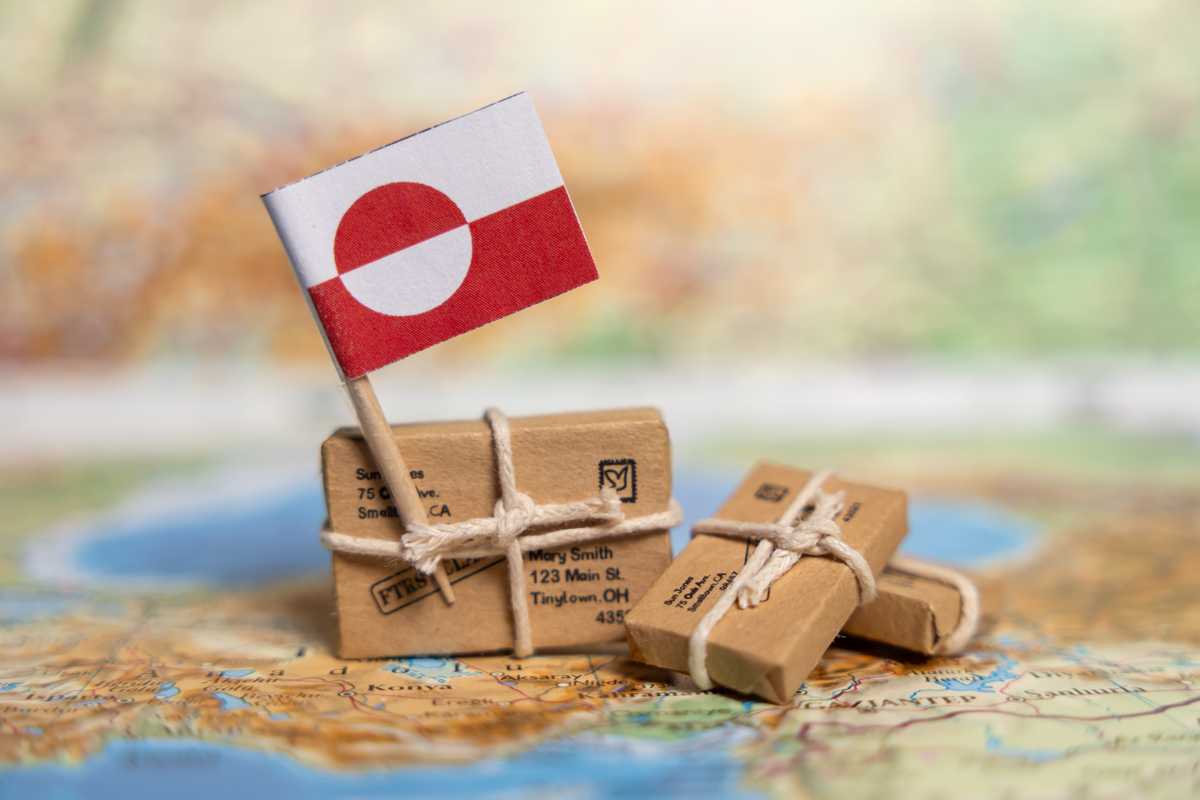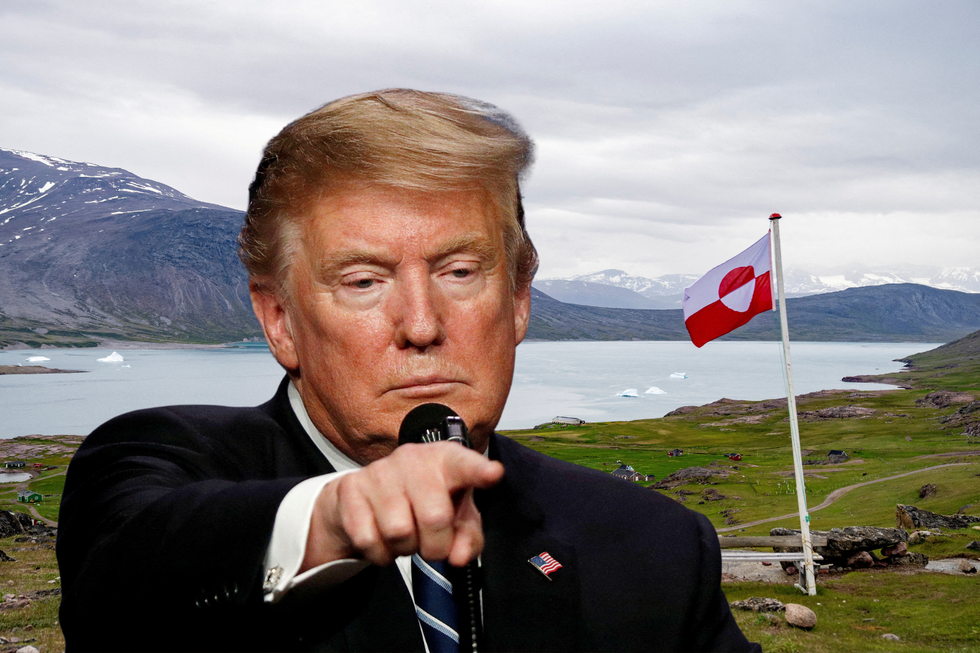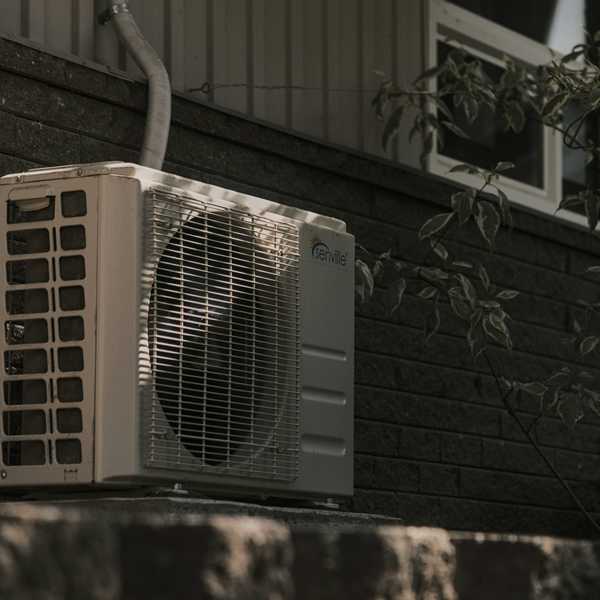Greenland's rich but largely untapped mineral resources
Danish territory houses three major rare earth deposits crucial for green technology, 25 of 34 critical raw materials needed by EU
Reuters
News Agency Partner
Reuters is a leading source of news and information, delivering fact-based reporting and expert analysis on international events and trends.

A Greenland flag sits atop miniature shipping boxes on a map, symbolizing the Arctic territory's vast mineral resources and strategic trade potential.
Shutterstock
Massive untapped reserves of critical minerals
Indigenous opposition slows mining progress
Strategic location appeals to U.S. interests
U.S. President-elect Donald Trump last week reiterated his interest in taking control of Greenland, a semi-autonomous territory of Denmark, which could be useful for the U.S. because of its strategic location and rich mineral resources.

A 2023 survey showed that 25 of 34 minerals deemed "critical raw materials" by the European Commission were found in Greenland.
The extraction of oil and natural gas is banned in Greenland for environmental reasons, and development of its mining sector has been snarled in red tape and opposition from indigenous people.
Rare earth elements
Greenland's mineral resources, according to the country's Mineral Resources Authority, fall into several key categories. Critical elements for renewable energy dominate the southern region, particularly rare earth elements concentrated in the Gardar province.
These elements are essential for permanent magnets used in electric vehicles and wind turbines.
Three major deposits exist here, with development rights held by Critical Metals Corp (Tanbreez deposit), Energy Transition Minerals (Kuannersuit project, currently stalled in legal disputes), and Neo Performance Materials.
Graphite formations, crucial for EV batteries and steelmaking, are found throughout the territory, with GreenRoc seeking an exploitation license for the Amitsoq graphite project.
Industrial metals
The northeastern regions hold substantial deposits of industrial metals, primarily copper and nickel. Copper areas remain largely underexplored, especially in the north-east and central-east regions.
London-listed 80 Mile is developing the Disko-Nuussuaq deposit, which contains copper, nickel, platinum, and cobalt. For nickel, numerous accumulations exist across the territory, with major player Anglo American holding five-year exploration licenses in western Greenland since mid-2019.
In the north, a remarkable 2,500-kilometer stretch contains significant zinc deposits. The Citronen Fjord zinc and lead project stands out as one of the world's largest undeveloped zinc resources.
Precious minerals and metals
Precious minerals and metals are scattered across various locations throughout the island. Gold prospects are concentrated around the Sermiligaarsuk fjord in the south, with Amaroq Minerals operating a gold mine at Mt Nalunaq since last year.
Diamonds are primarily found in the west, though they appear in other regions too. Iron ore deposits exist at Isua in southern West Greenland, Itilliarsuk in central West Greenland, and along the Lauge Koch Kyst in the northwest.
Titanium and vanadium deposits are located in the south-west, east, and south, while tungsten is predominantly found in the central east and north-east, with additional deposits in the south and west.
Notably, uranium mining was banned in 2021 by the left-wing Inuit Ataqatigiit party, which halted the Kuannersuit rare earths project due to its uranium byproduct.







Comments
See what people are discussing